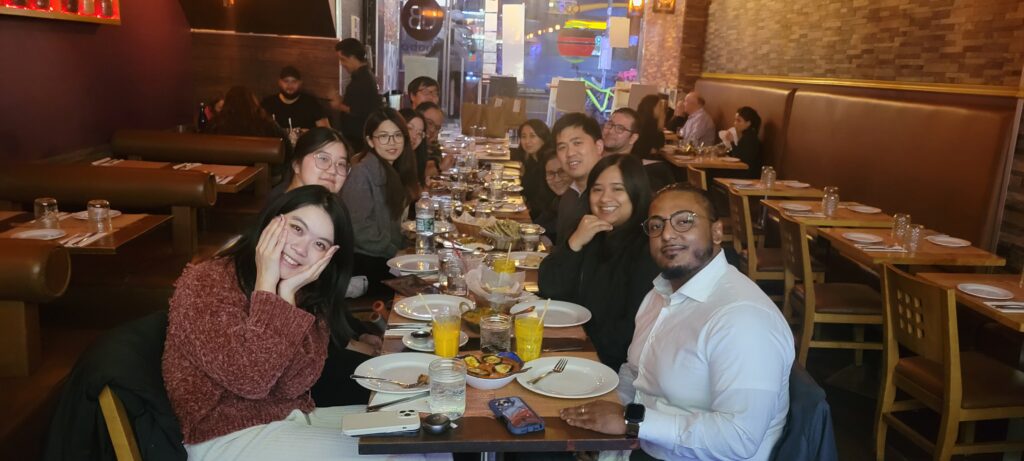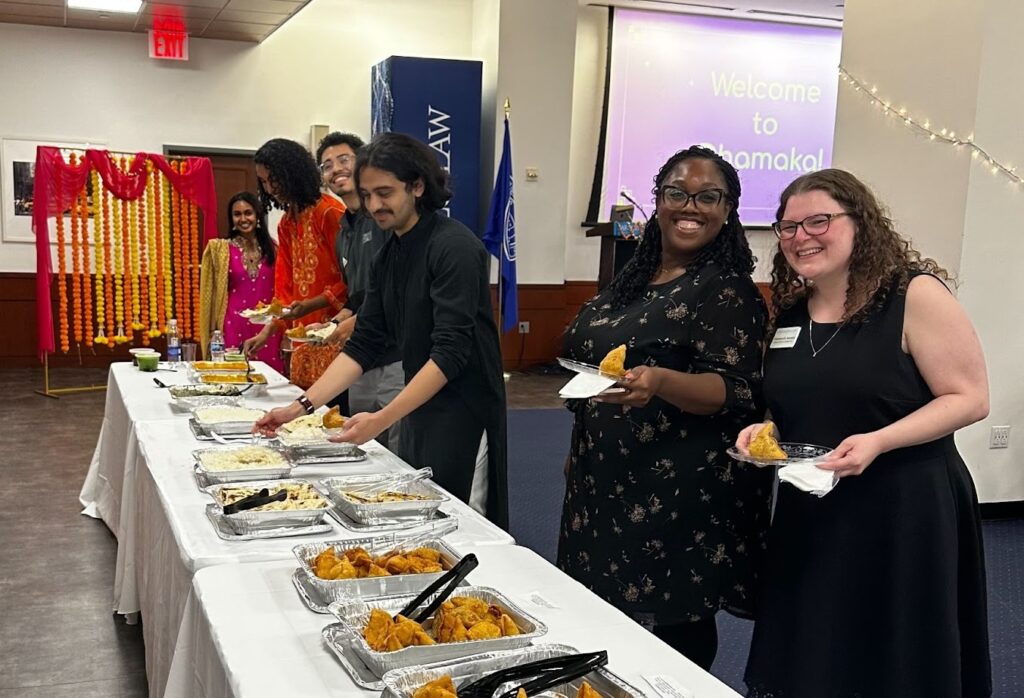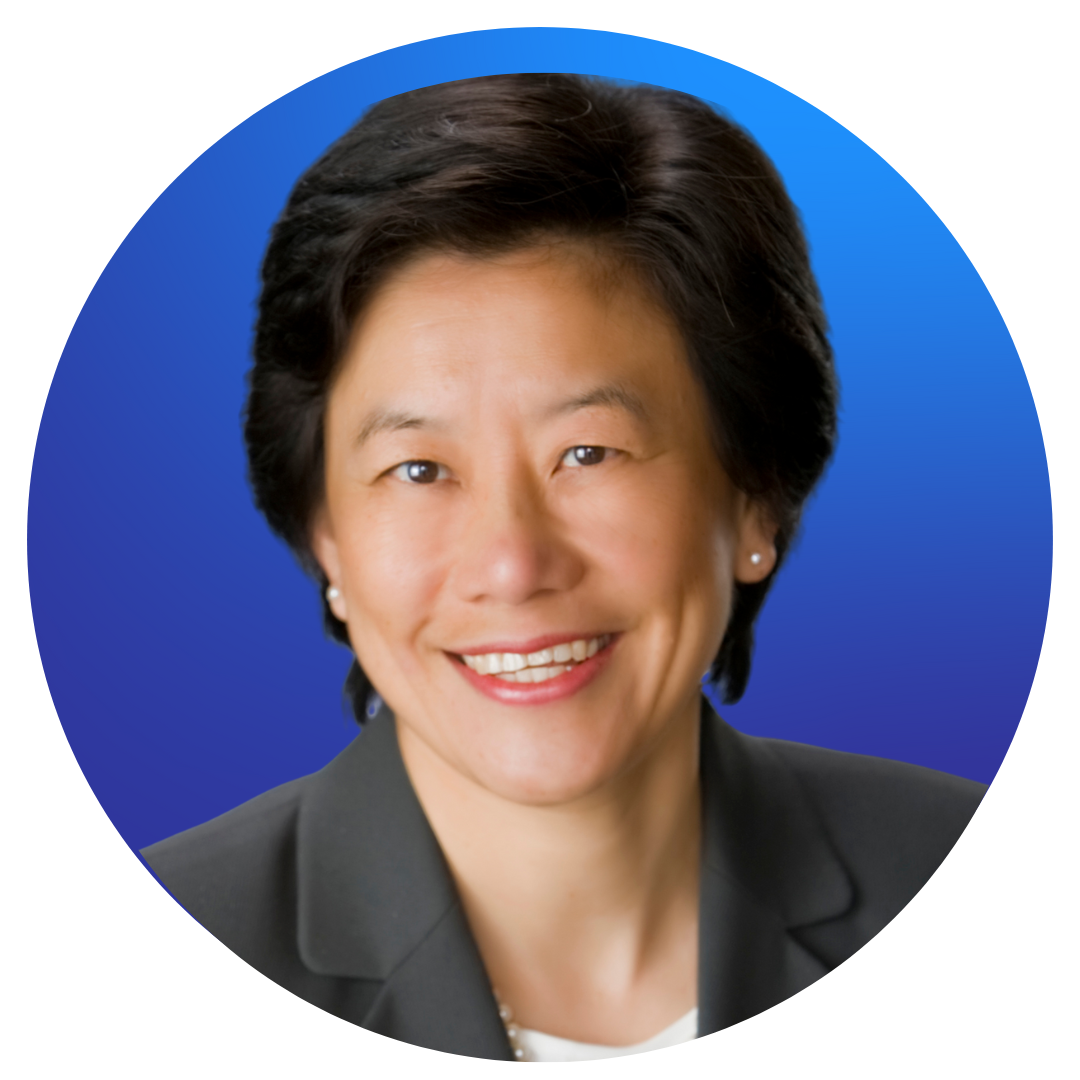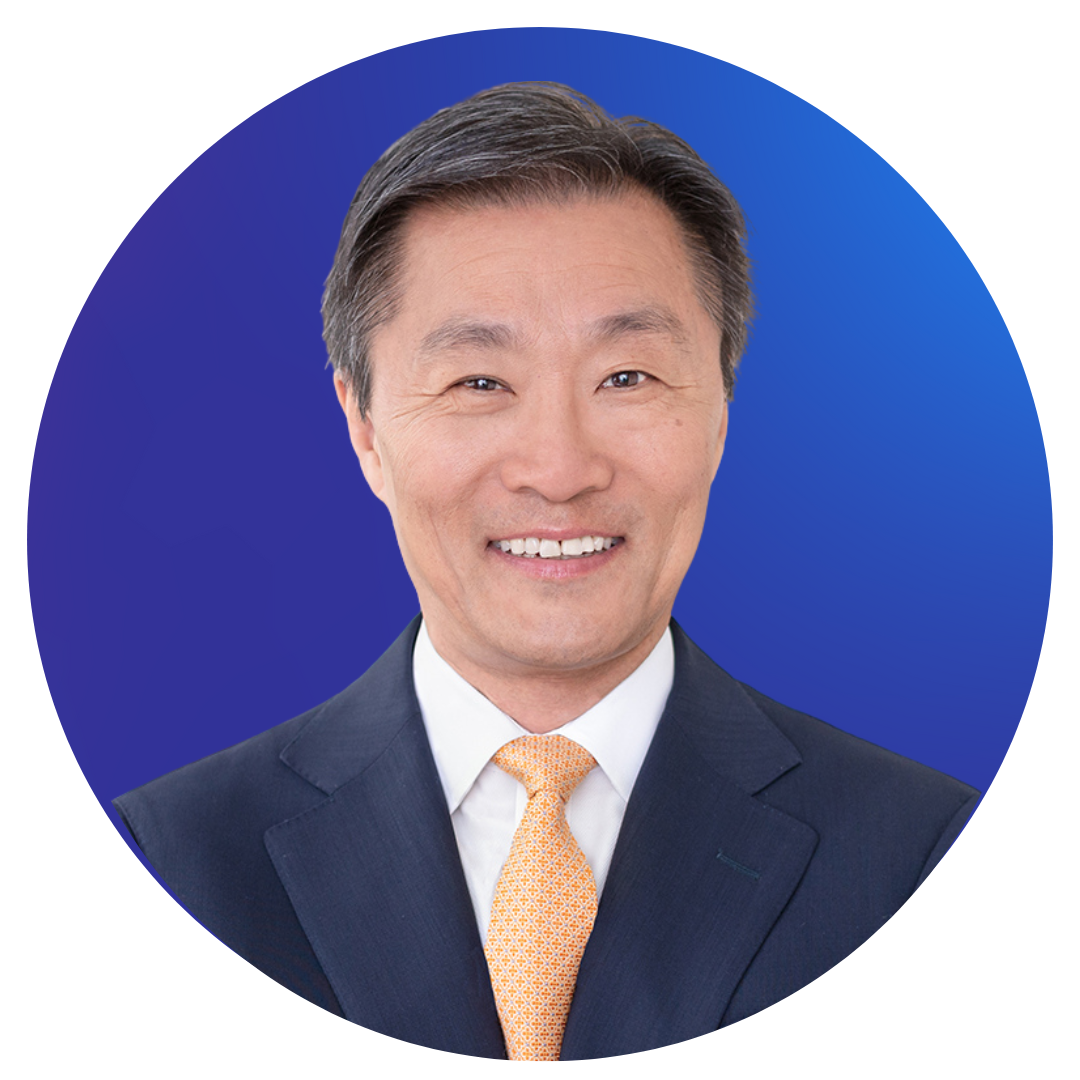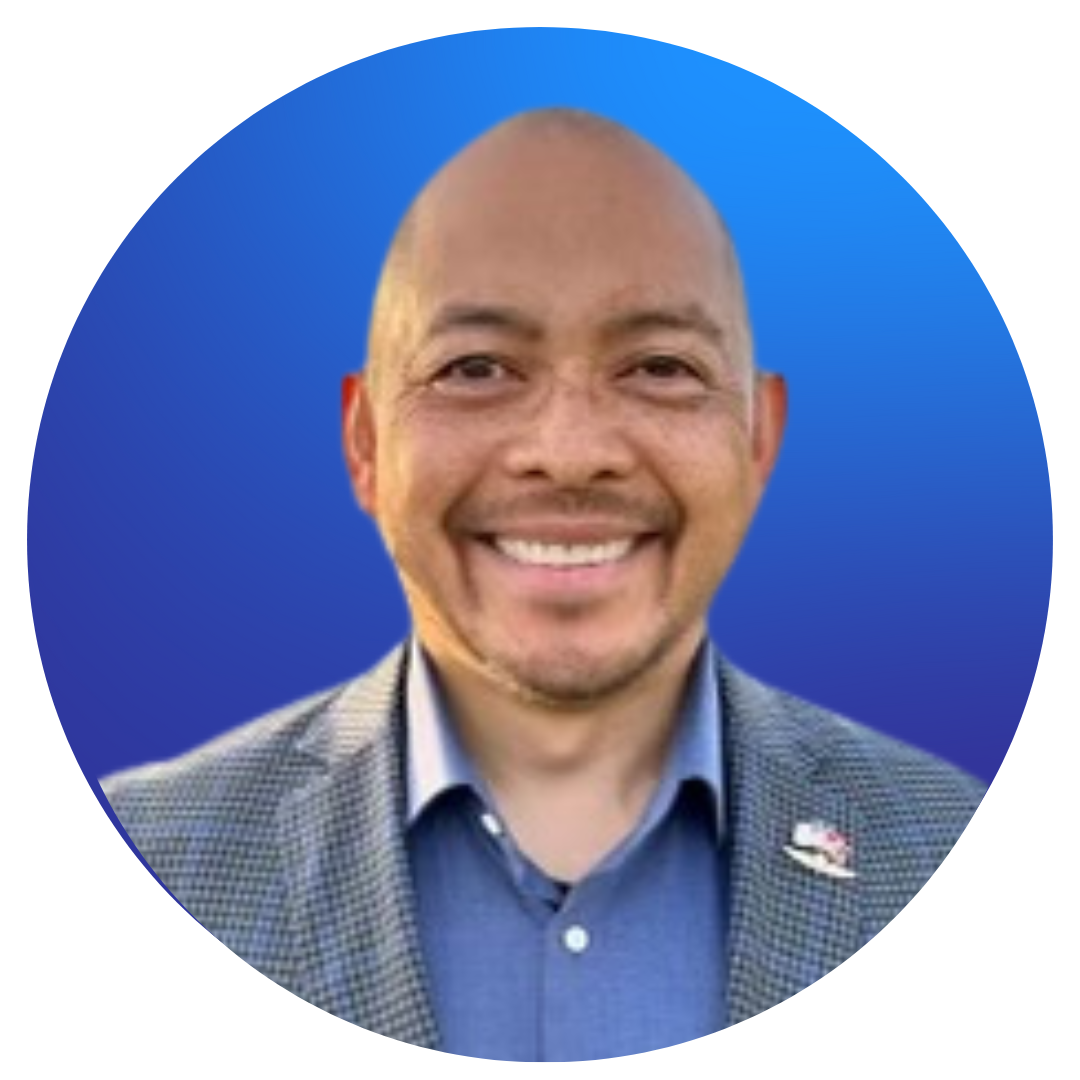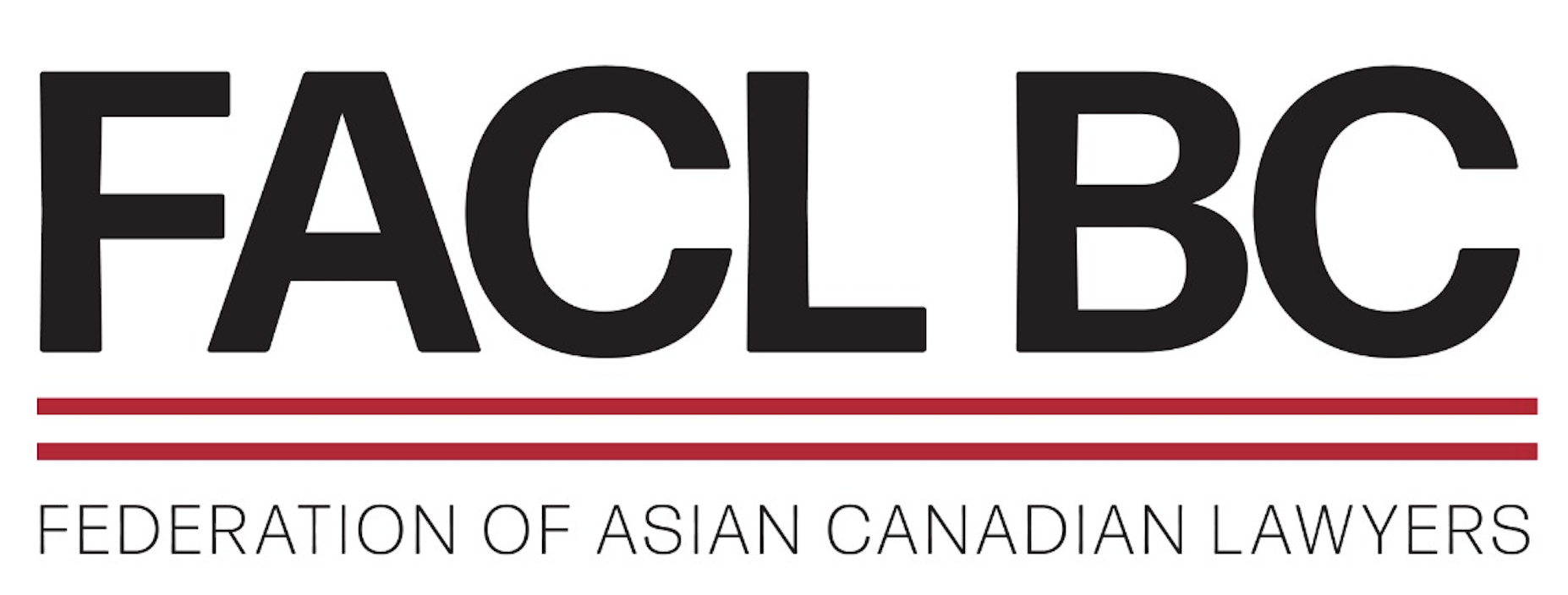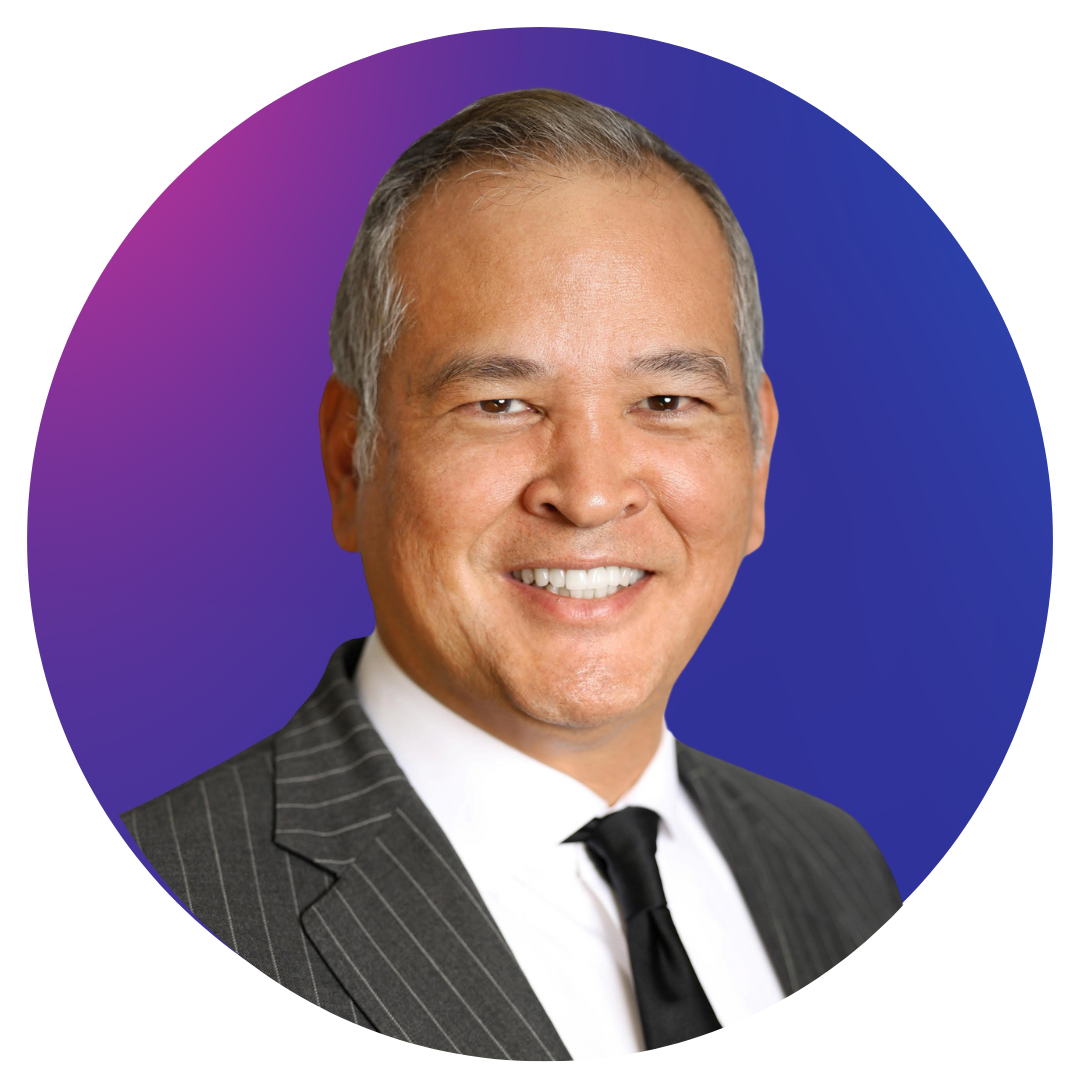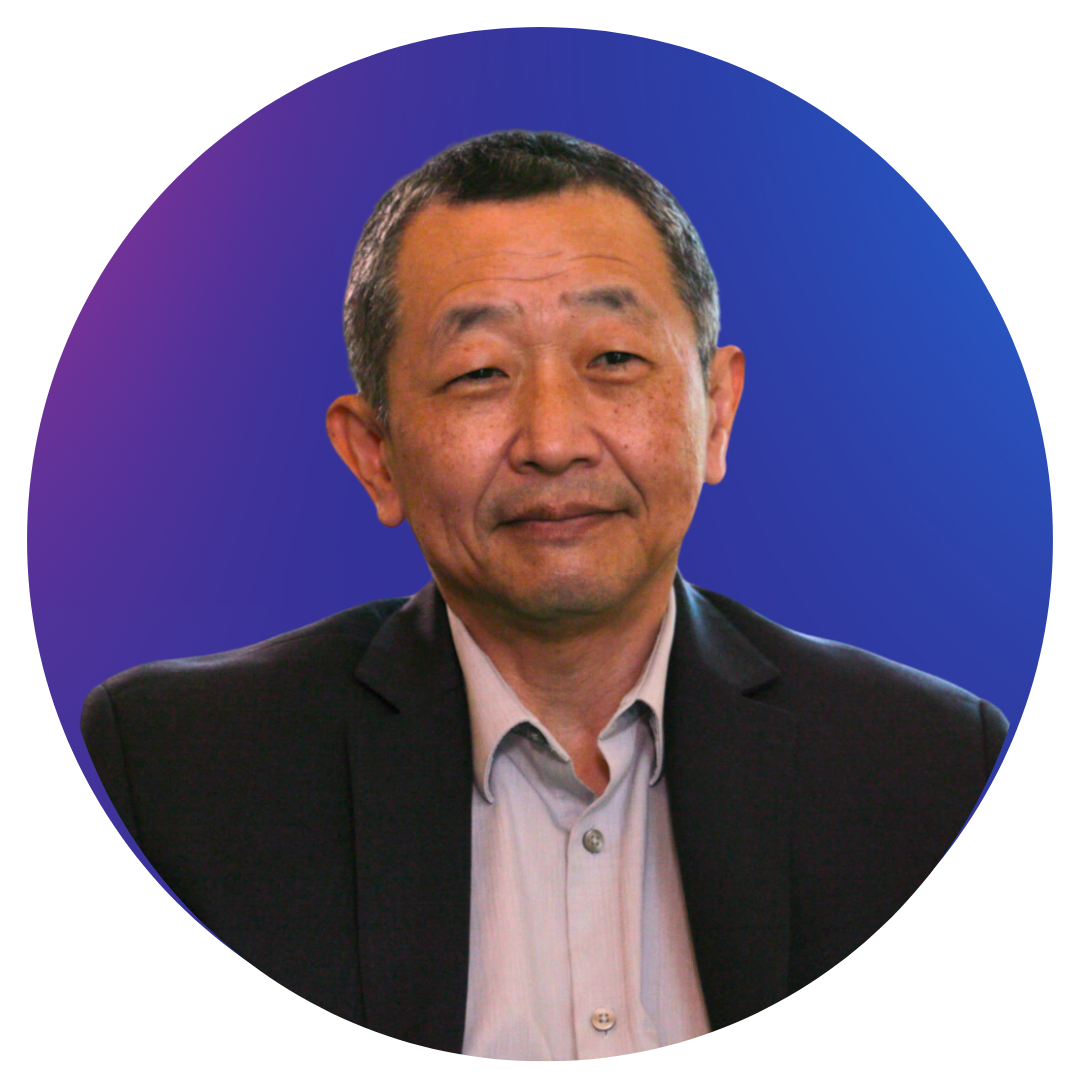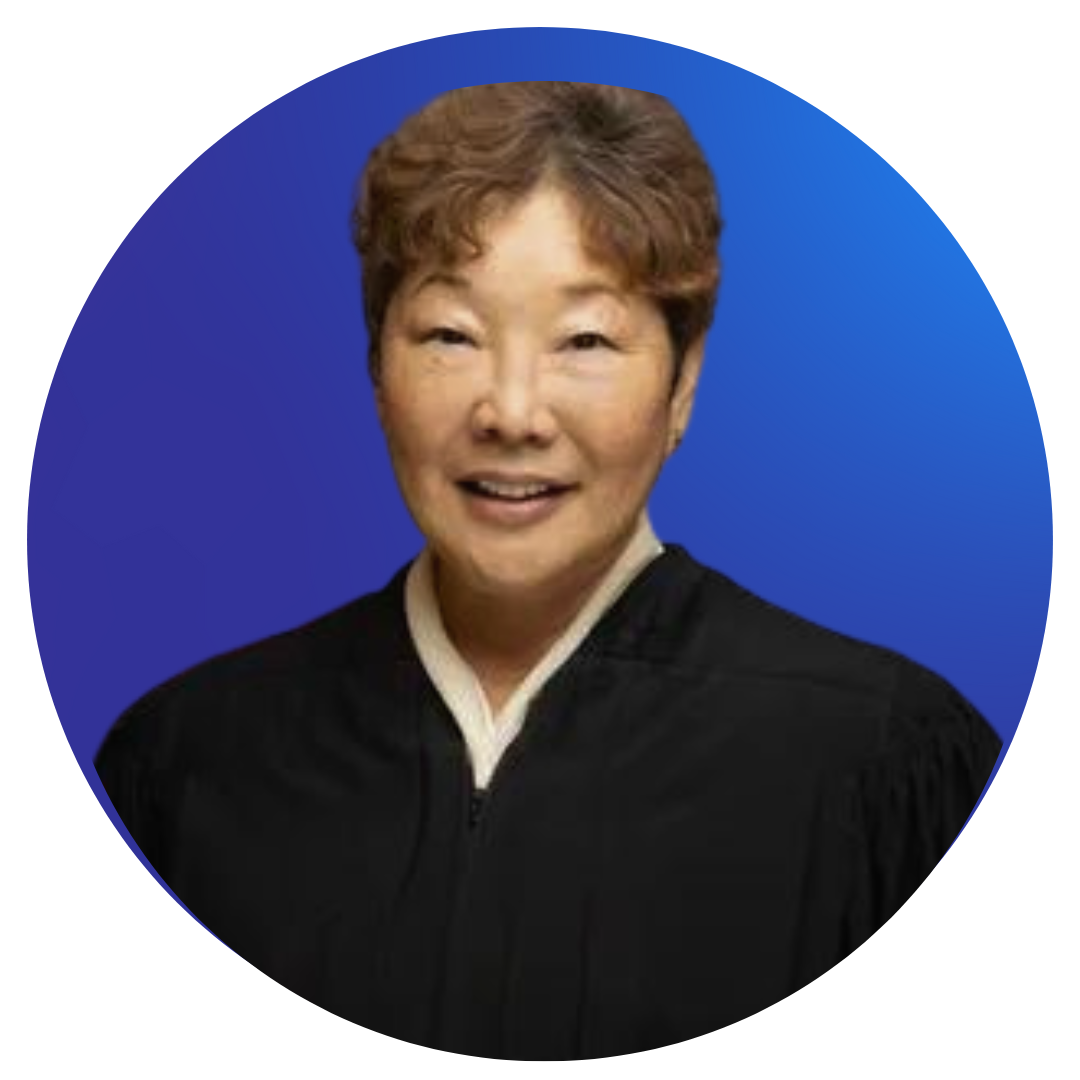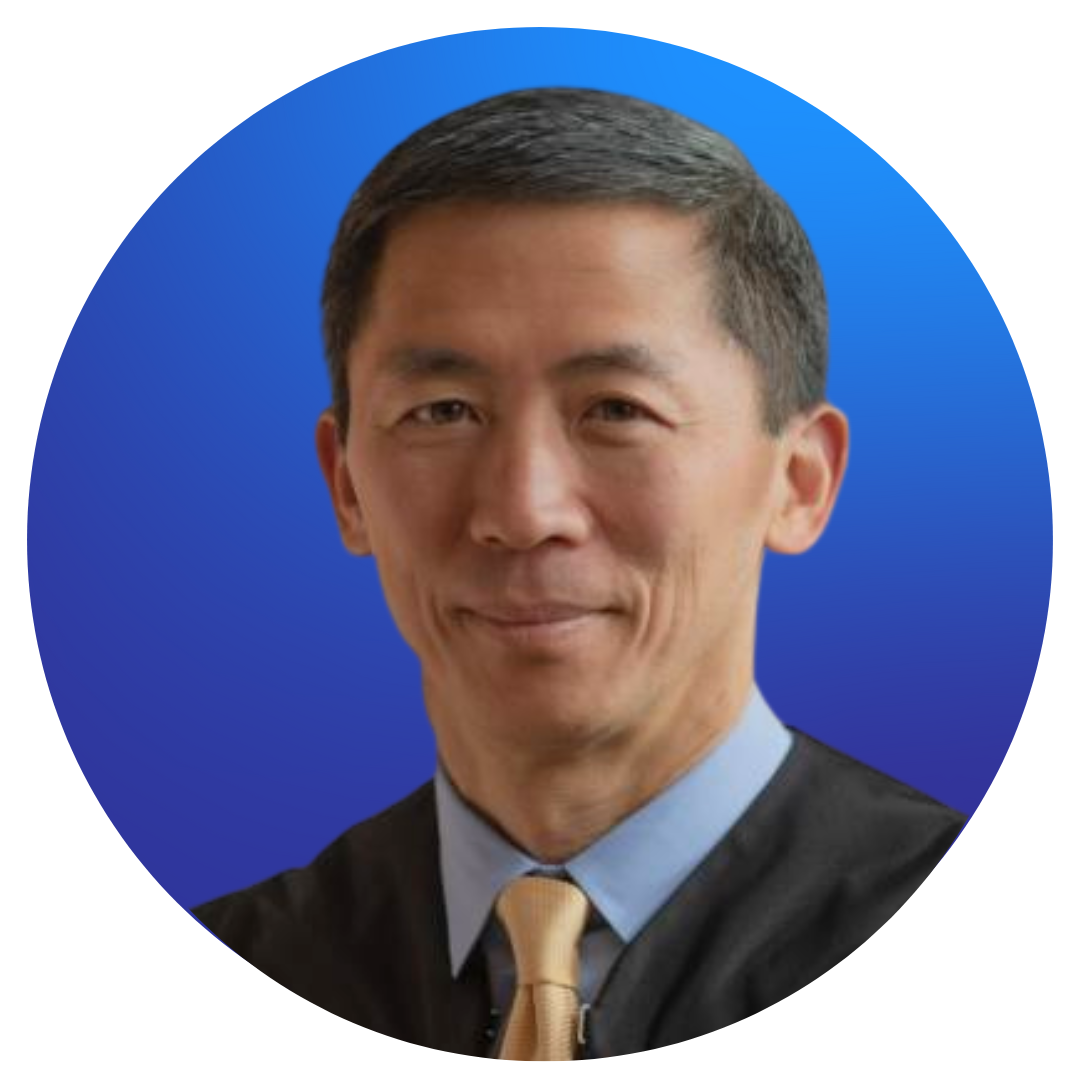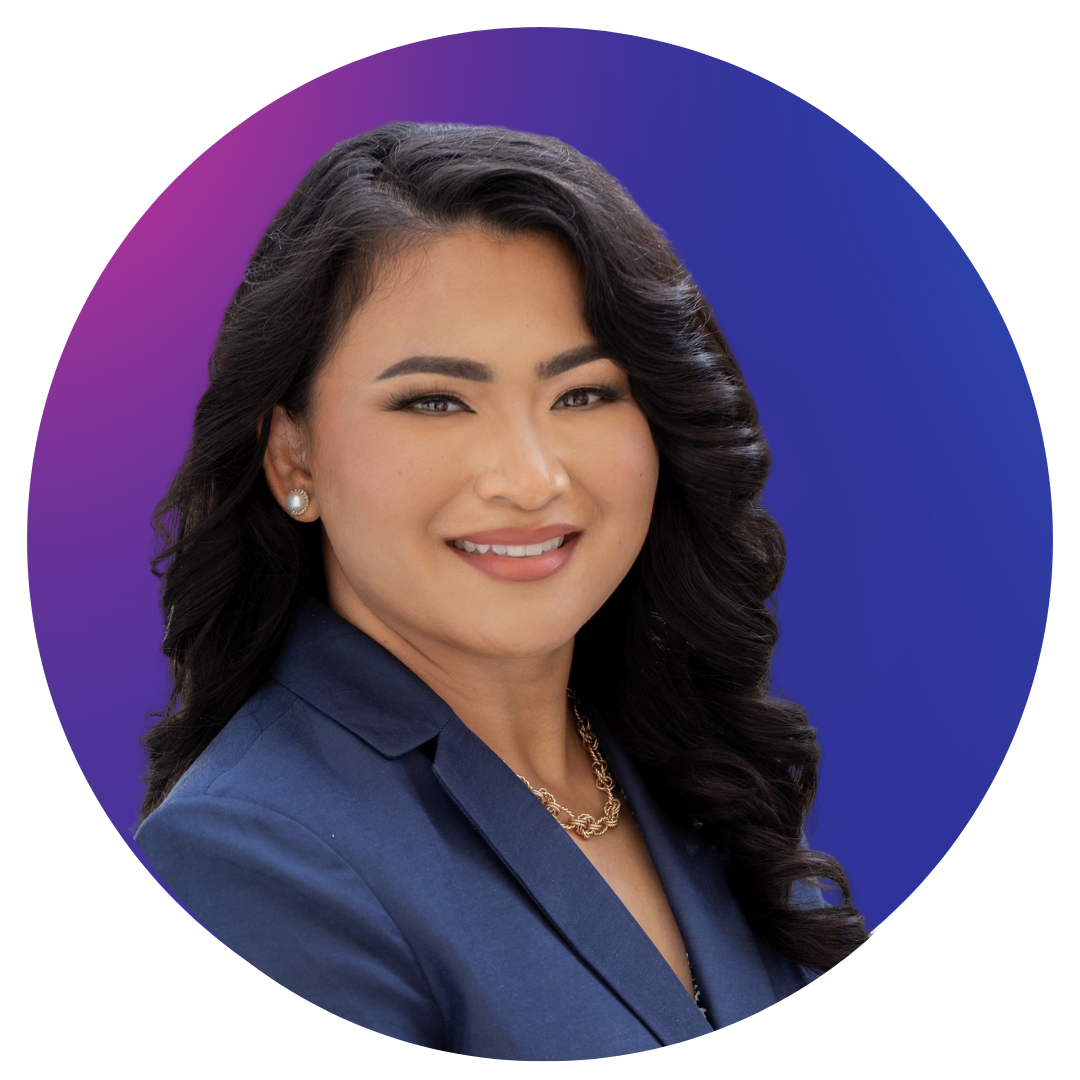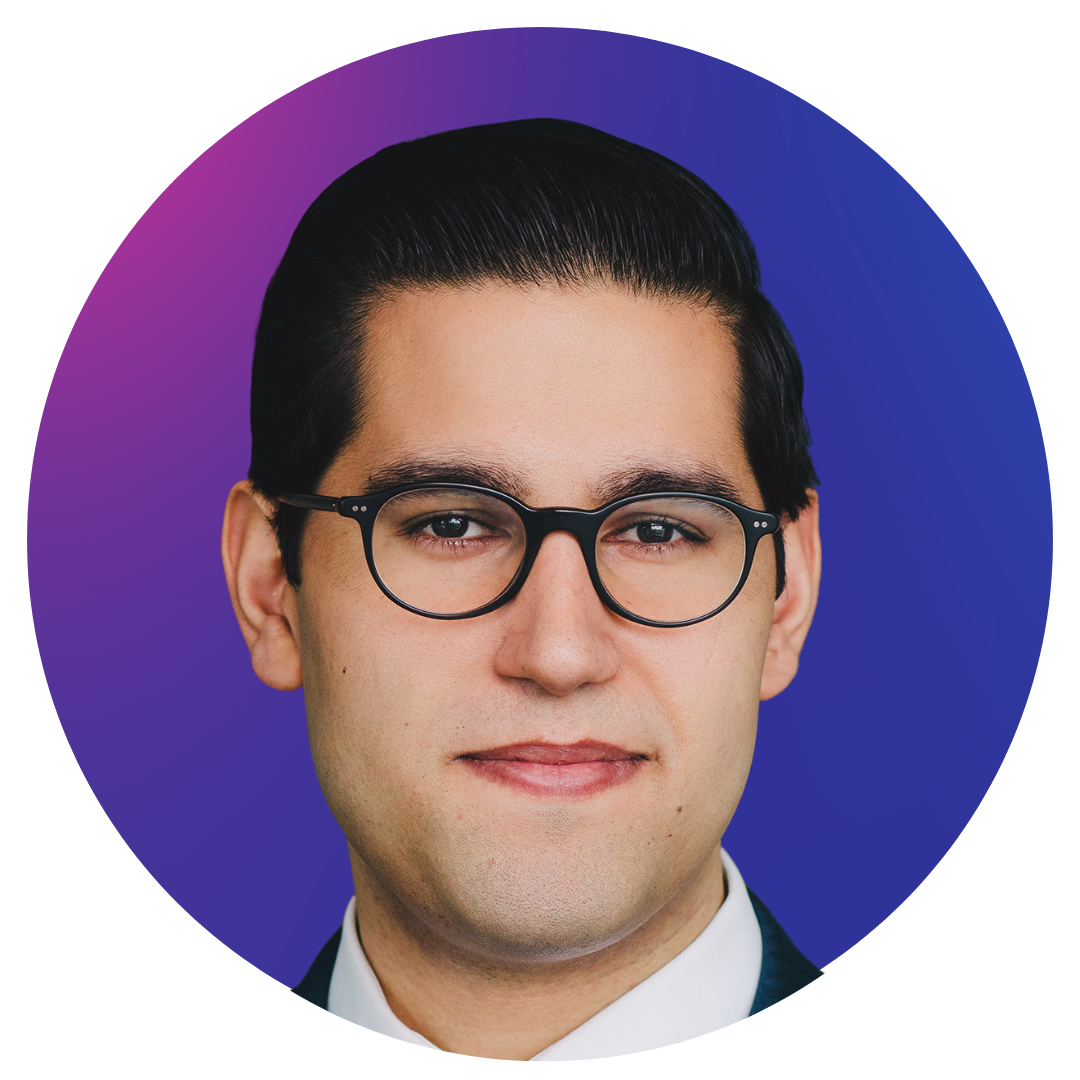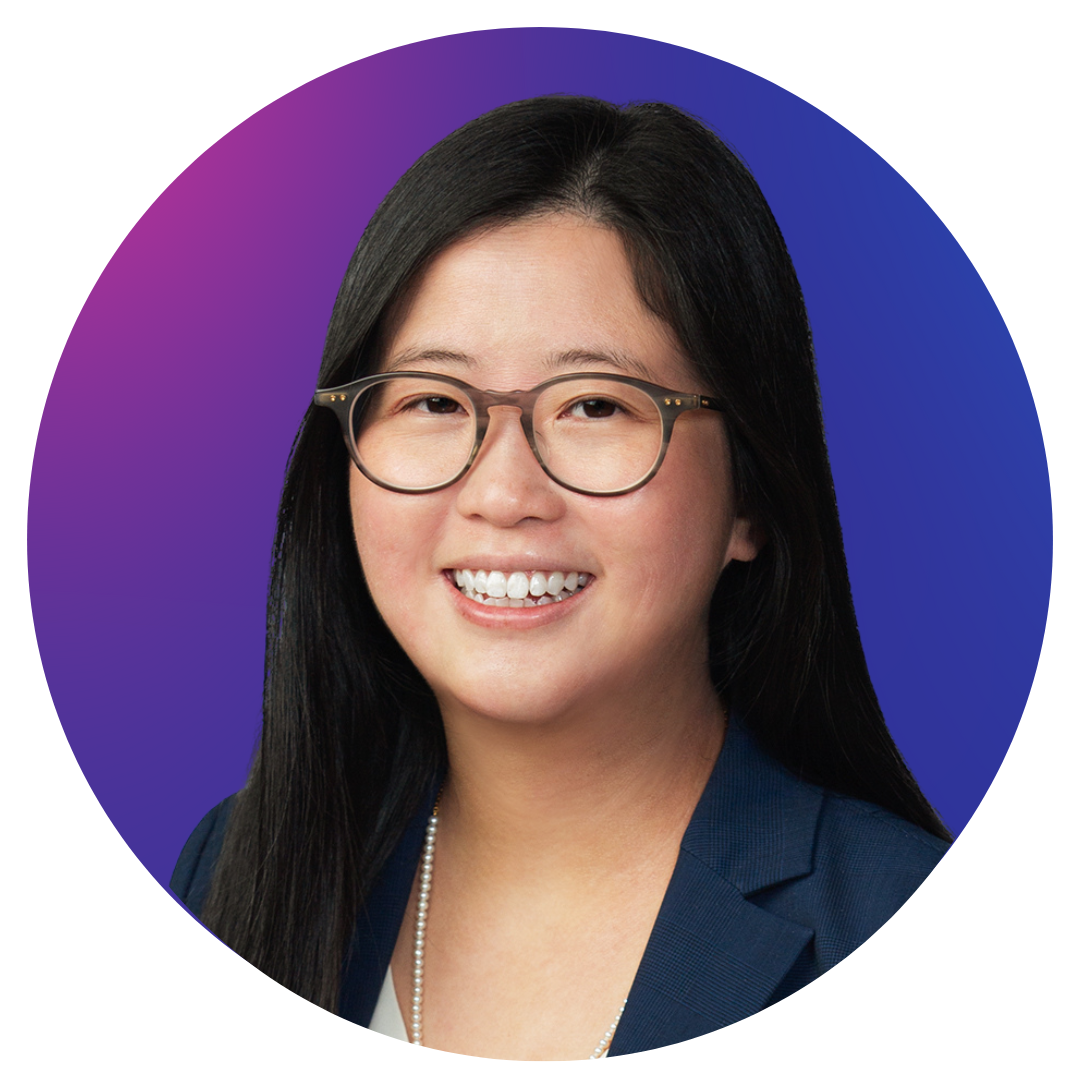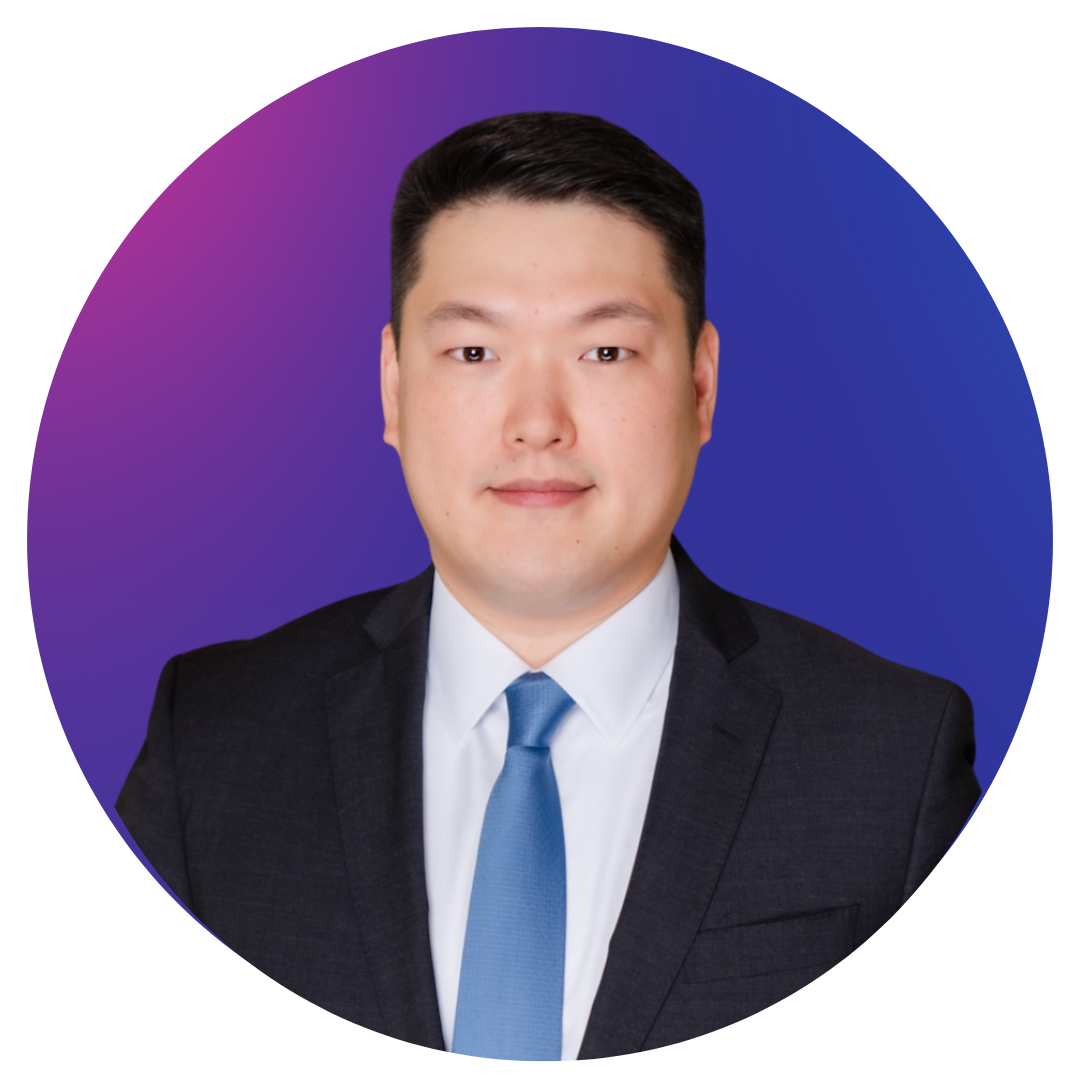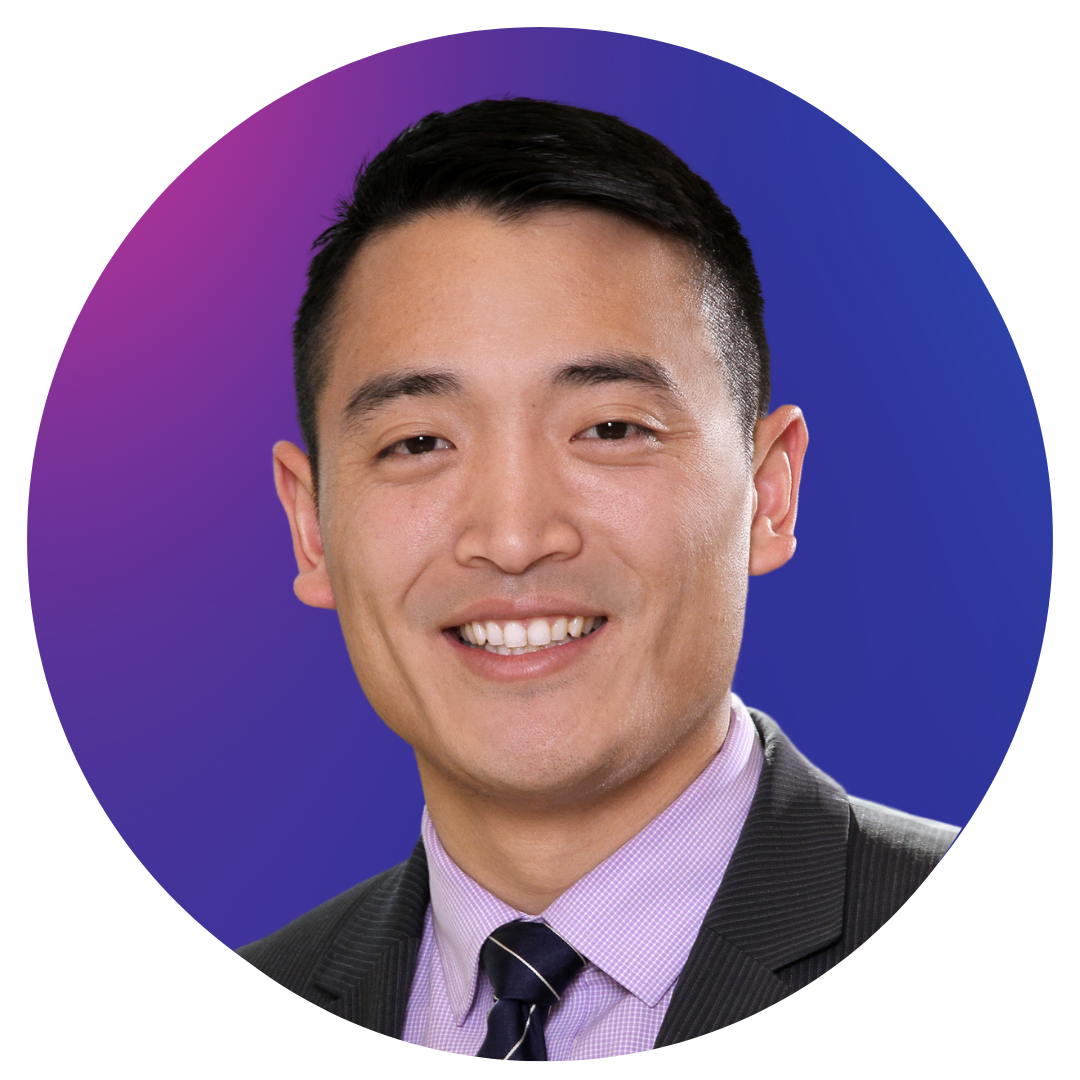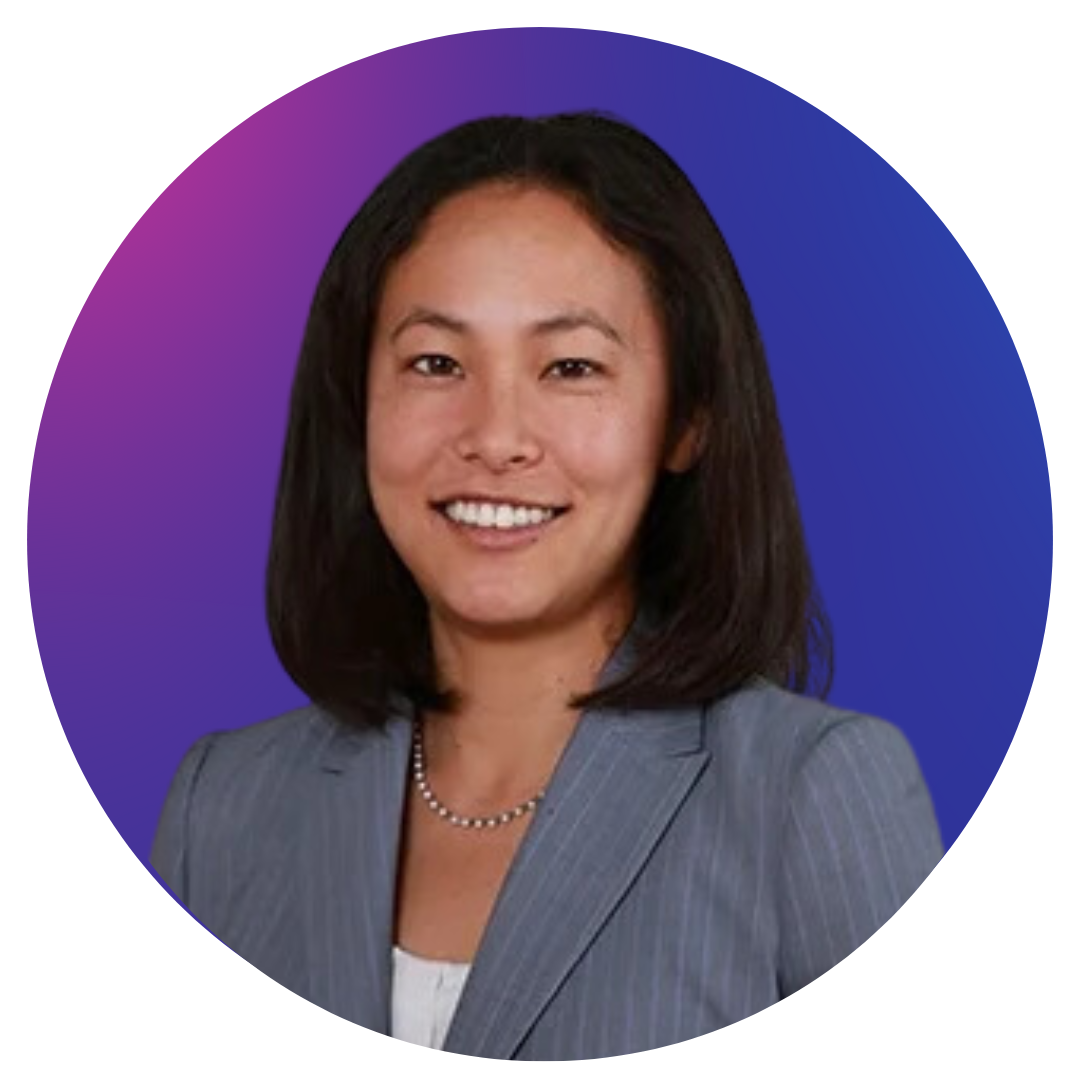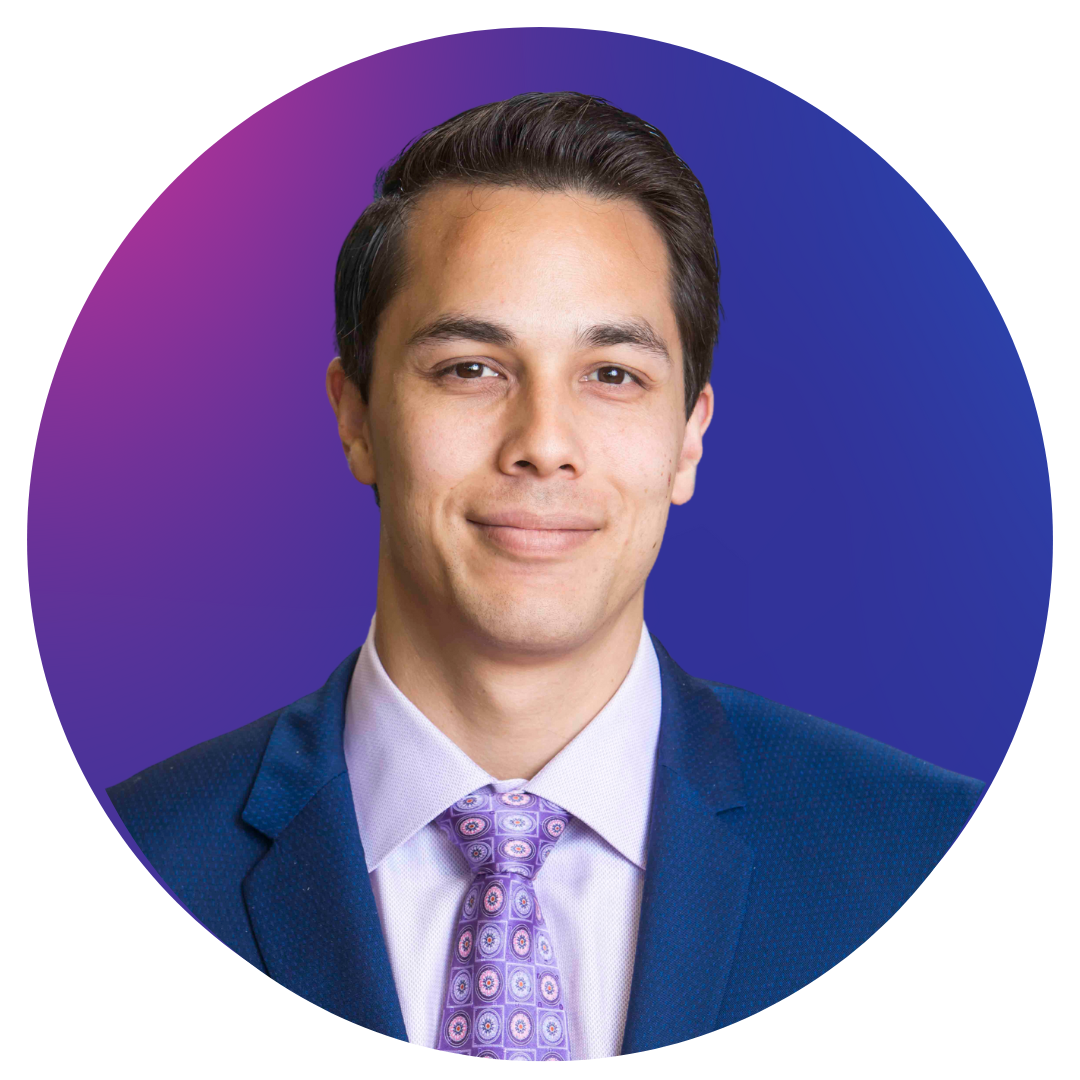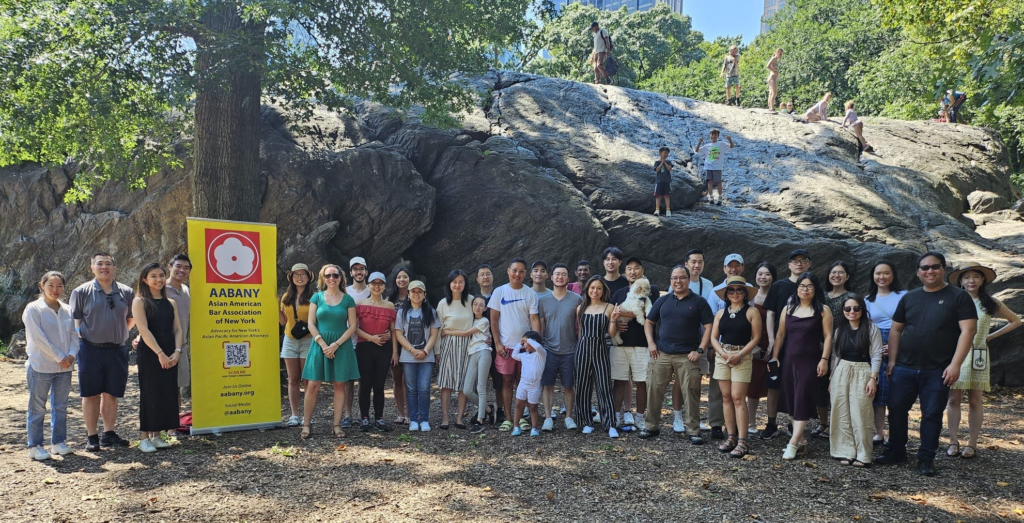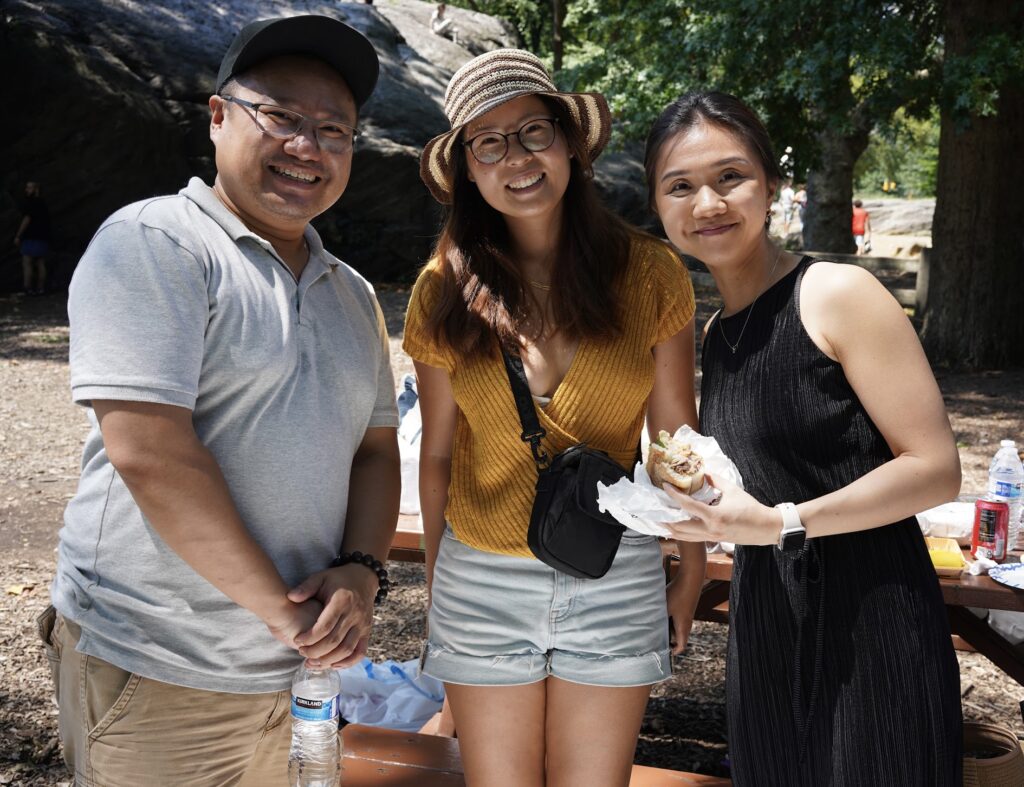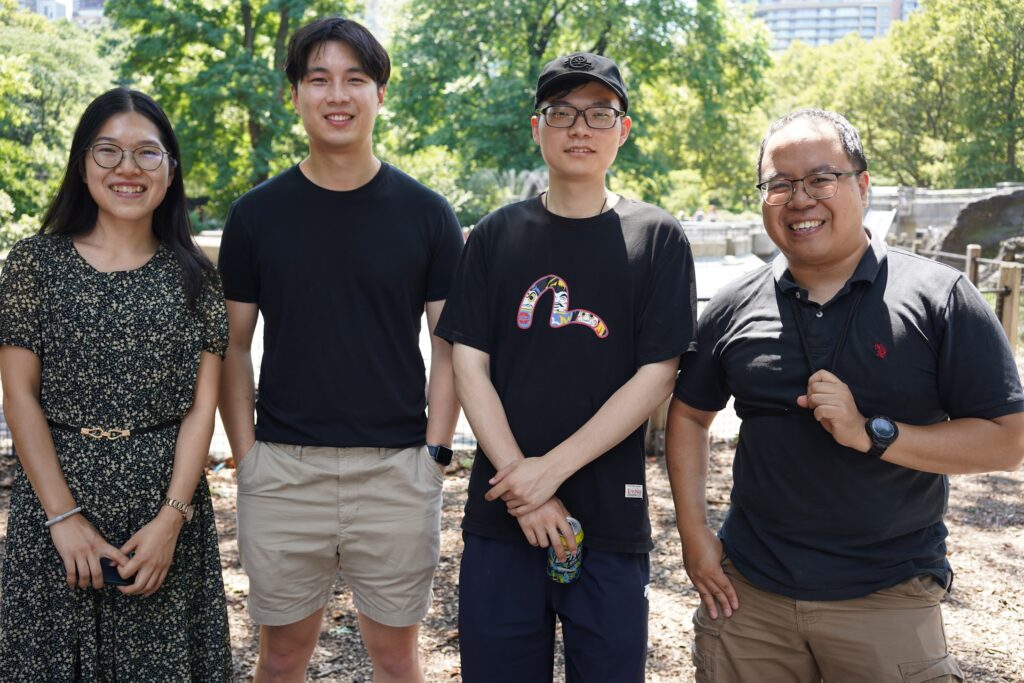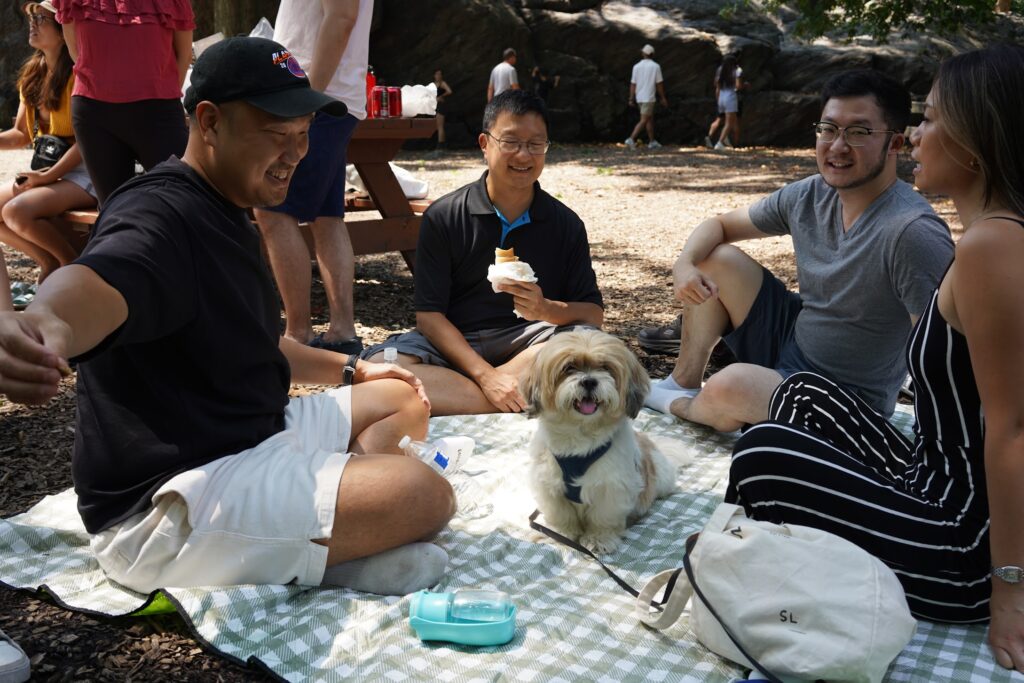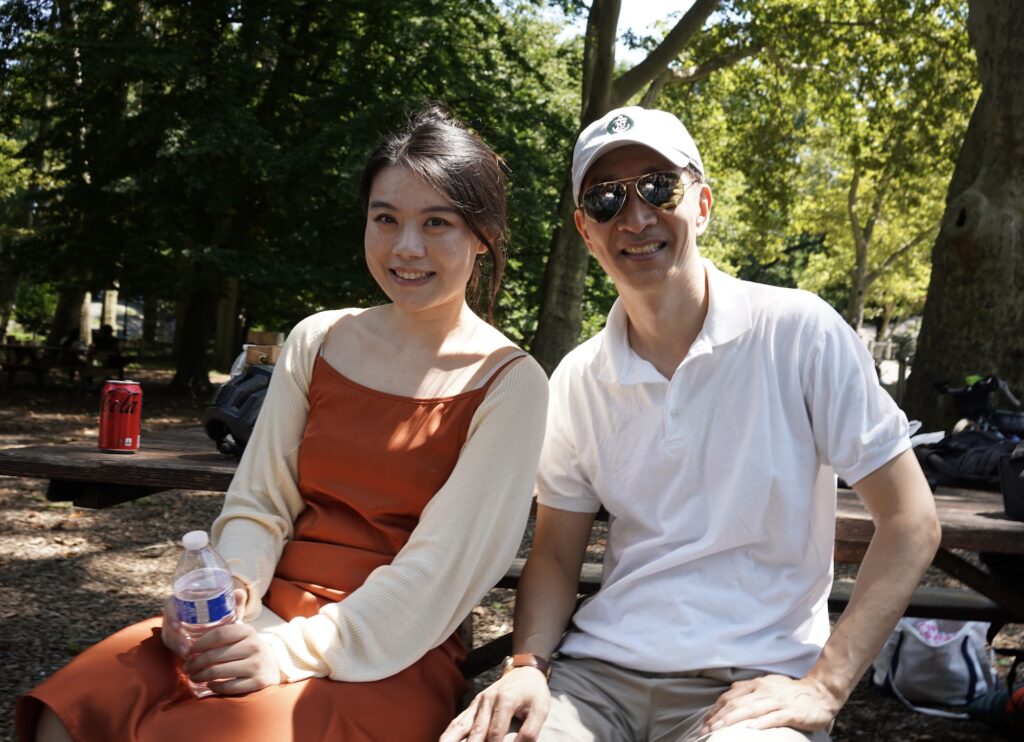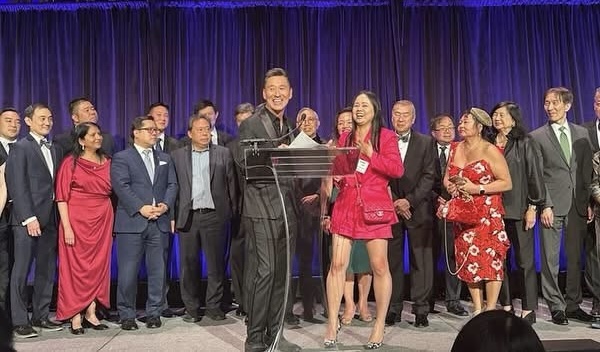
Jennifer Wu, Founding Partner at Groombridge, Wu, Baughman & Stone LLP, stands as a trailblazing figure in the legal profession. Her leadership style of empathy, advocacy, and innovation has redefined what it means to be a transformative leader in law. Throughout her career, Jennifer has achieved remarkable milestones while staying determined in her commitment to justice.
Her expanding list of accolades reflects a relentless pursuit of equality and excellence. From her work fighting for the rights of marginalized communities to her pioneering efforts in intellectual property litigation, Jennifer’s influence goes far beyond her legal achievements. She has become a beacon of hope and a source of inspiration for colleagues, mentees, and the communities she serves, proving that true leadership is about lifting others as you rise.
Jennifer’s dedication to her craft and her community is reflected in the diverse and prestigious awards she has received over the past year:
- Named to the IAM Patent 1000
- Included in Lawdragon 500 Leading Lawyers in America
- Ranked in both Chambers USA and The Legal 500 as a leading patent litigator
- Named among the Top 250 Women in Intellectual Property by Managing IP Stars (2024)
- Recognized in Benchmark Litigation’s 2024 Top 250 Women in Litigation list
- Honored with the Ally of the Year Award by Corporate Counsel’s Women, Influence & Power in Law (2024)
- Named a 2024 Distinguished Leader by the New York Law Journal
- Selected as a finalist for the 2024 Pro Bono Lawyer of the Year by Chambers USA
- Awarded the Phoenix Award by Womankind
- Acknowledged with the Civic Leadership Award by Hamilton-Madison House
Jennifer’s growing list of awards is more than a reflection of her professional excellence; it is a testament to her dedication to justice and her ability to bridge communities through understanding and action.
Jennifer Wu’s journey as an advocate stems from her childhood experiences as the daughter of Taiwanese immigrants. From a young age, she took on the responsibility of helping her family navigate cultural and language barriers. “As an immigrant kid, you always have that,” she reflected. “Your mom needs you to ask for directions to a grocery store… or get on the phone to explain health insurance because their English was not as good.” These formative experiences shaped her lifelong dedication to helping others. This foundation of service became the cornerstone of her legal career and advocacy efforts.
This commitment to helping others informs Jennifer’s approach to her advocacy and legal career. Whether assisting families affected by anti-Asian violence or guiding immigrant clients through challenges, she treats each case as personally as if it involved her own family, “That is fundamentally just helping people as if they’re your own family.” For Jennifer, true success is measured by the lives she improves, not by the accolades she receives. Her dedication to treating clients with care and respect truly highlights her belief that advocacy is rooted in genuine human connection.
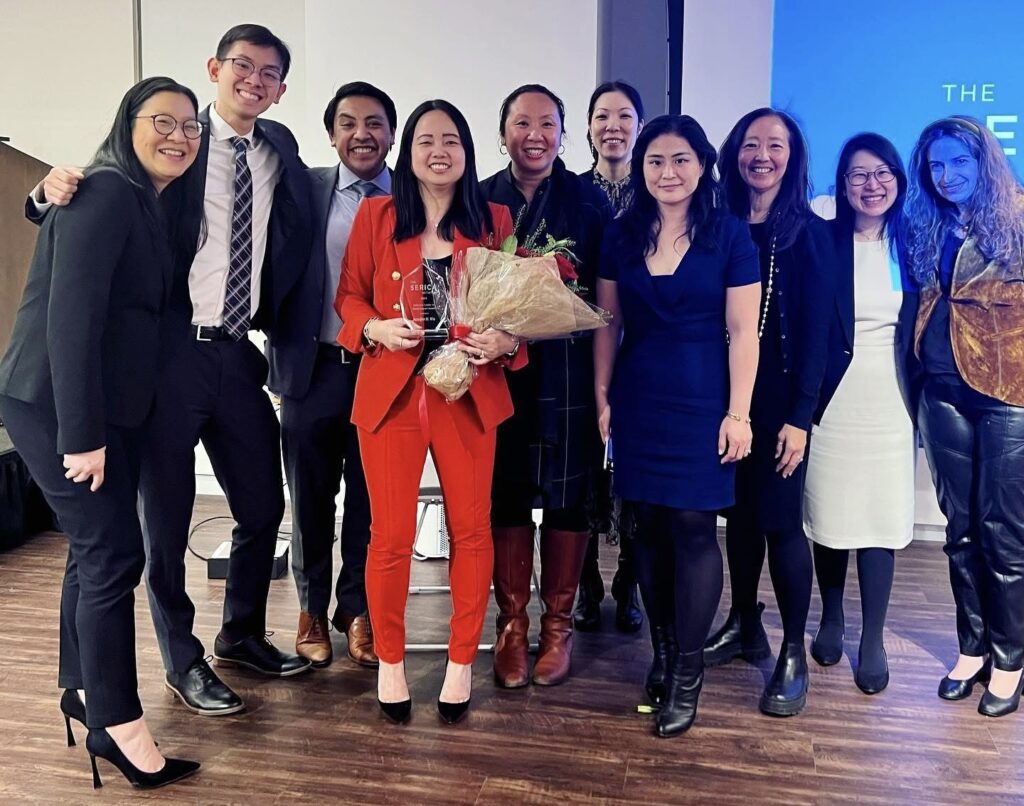
Jennifer’s leadership style is collaborative and empowering. She emphasizes creating an environment where others can grow and excel. “I don’t like to micromanage,” she said. “I want people to think for themselves and learn from their mistakes. That’s how you create leaders who can step up and take charge.” As a founding partner of her firm, Jennifer takes this mindset into every aspect of her work. “I walk into every room with the mindset of an owner,” she said. Her leadership philosophy demonstrates how empowering others and taking ownership can inspire teams.
One of the most touching examples of Jennifer’s advocacy is her work with Eva Zhao, the widow of Zhiwen Yan, a Queens delivery worker who was tragically murdered while on the job. After her husband’s death, Eva faced immense fear of deportation and struggled to support herself and her young children. Jennifer stepped in to offer both legal and practical assistance. Jennifer shared,“We’ve been helping her try to get her U visa.” A U Visa helps victims of serious crimes who have been hurt and are helping the police or authorities with their investigations. For Eva Zhao, whose husband Zhiwen Yan was tragically killed, this visa could protect her from deportation and provide her family with safety and stability. “The act of actually helping is the reward,” Jennifer emphasized. “The awards are just tokens; the relationships are what truly matter.”
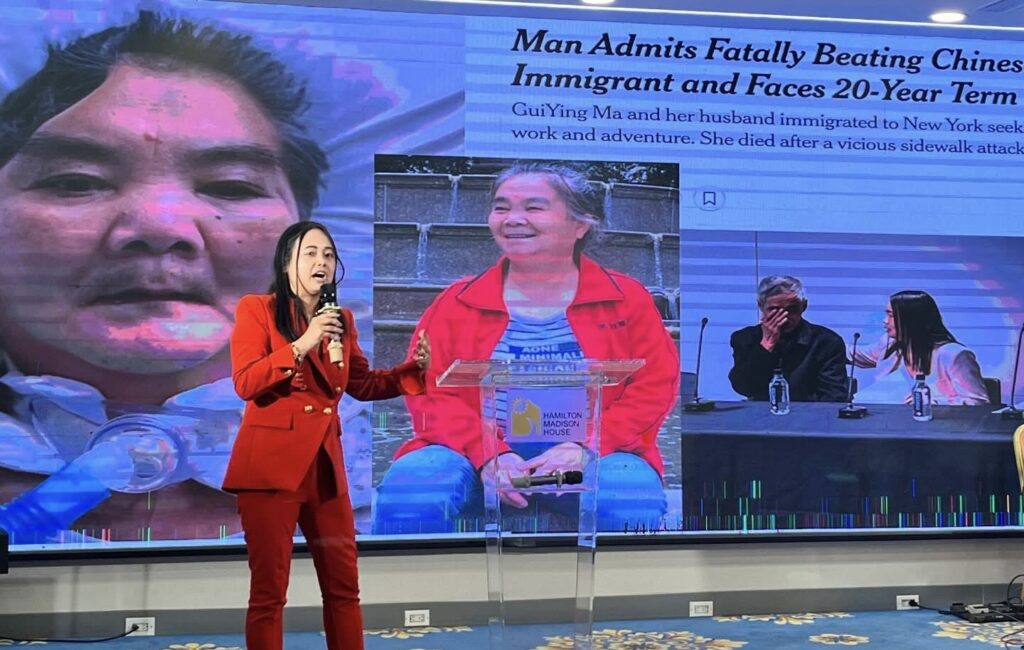
Jennifer’s leadership attitude and authenticity were also evident at a recent event hosted by AABANY’s Women’s Committee on Monday, December 16, 2024, titled “Building Your Own House: Balthazar Breakfast with Jennifer Wu.” Held at Groombridge, Wu, Baughman & Stone LLP, the breakfast was an intimate gathering that allowed participants to hear Jennifer reflect on her journey. Moderated by Aileen Huang and Ananya Pillutla, associates at Groombridge, Wu, Baughman & Stone LLP, Jennifer discussed her career path, including her decision to create her own firm: a “house” where equity and inclusion thrive, with a partnership that is 50% women. To learn more about Jennifer’s recent breakfast event, click here.
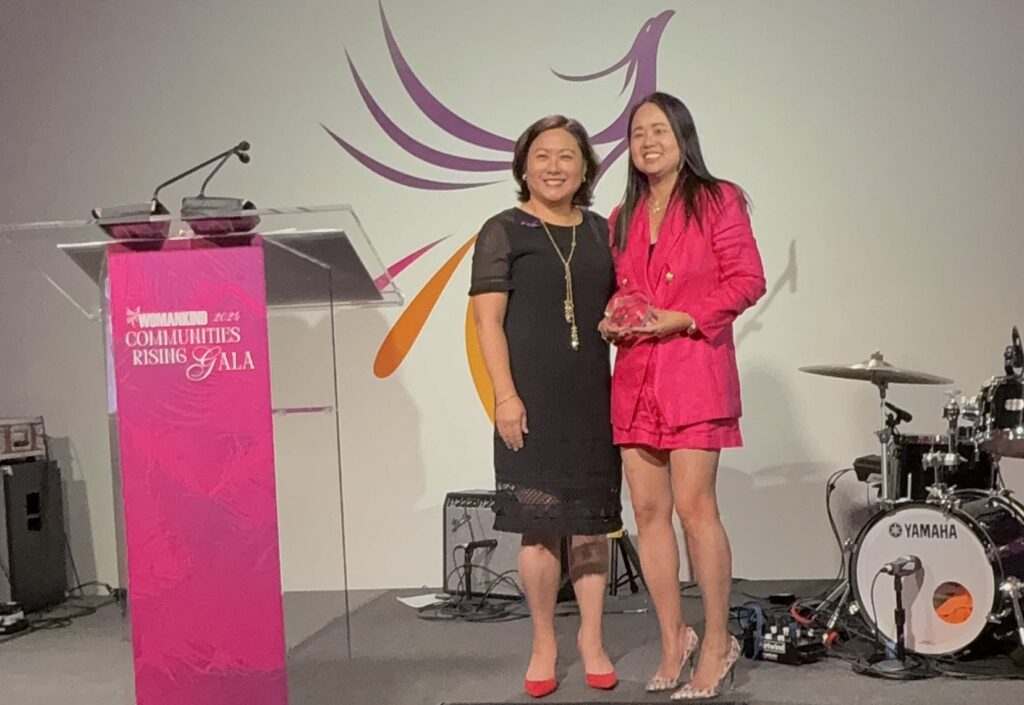
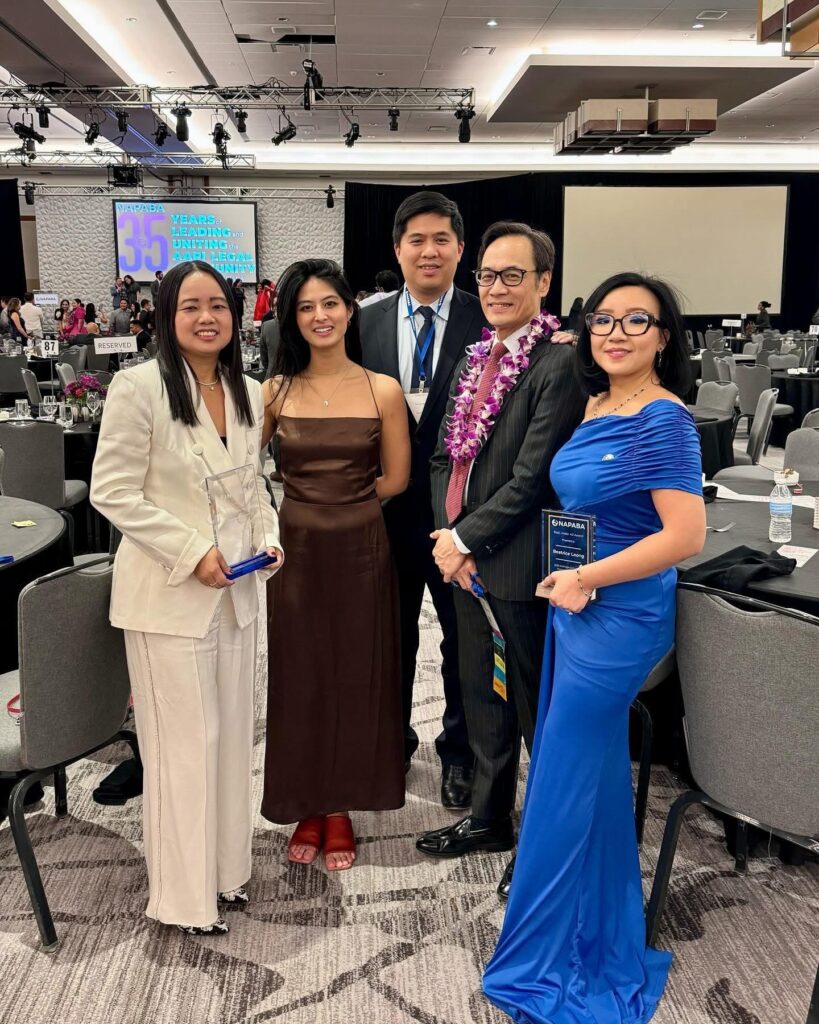
Jennifer continues to redefine what it means to serve with integrity and exemplifies the power of using one’s platform for good. Her journey serves as an inspiration, proving that change begins when we lead with purpose and compassion.






